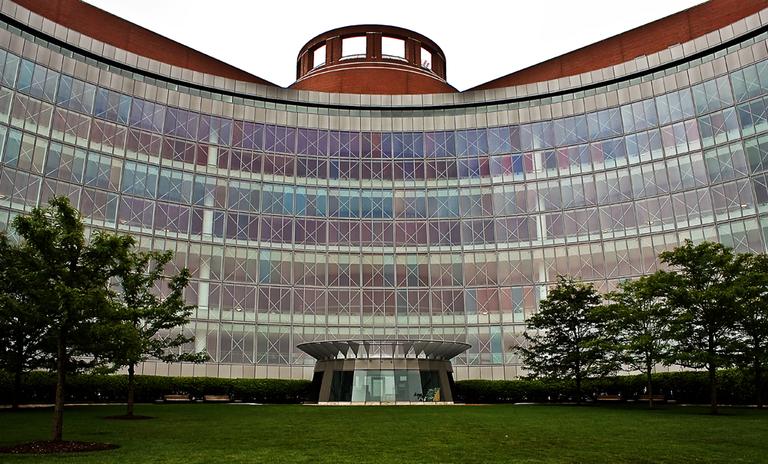Advertisement
The Law Isn't Fair
Resume
In the criminal justice system, judges have wide leeway to hand down sentences based on the eccentricities of the case. But anyone who has watched Law & Order knows that sentences sometimes reflect the eccentricities of the judges just as much.
A new study suggests that's exactly how it works in Boston federal court.
In 1986, Congress passed mandatory sentencing rules for federal crimes. Possession of 50 grams of crack, for example, carried a mandatory sentence of 19 to 22.5 years.
But in 2005, the U.S. Supreme Court said that these rules should be treated more like "guidelines," and that judges had ultimate discretion.
The federal court for the district of Massachusetts is the only court in the country to make certain sentencing documents public, which is why it's the focus of a study in the Stanford Law Review. Professor Ryan Scott, a professor at Indiana University's Maurer School of Law, found that, since 2005, some judges on Boston's federal bench have been consistently handing down more lenient sentences, while others have not.
Guest:
- Ryan Scott, professor, Indiana University's Maurer School of Law
This segment aired on December 20, 2010.